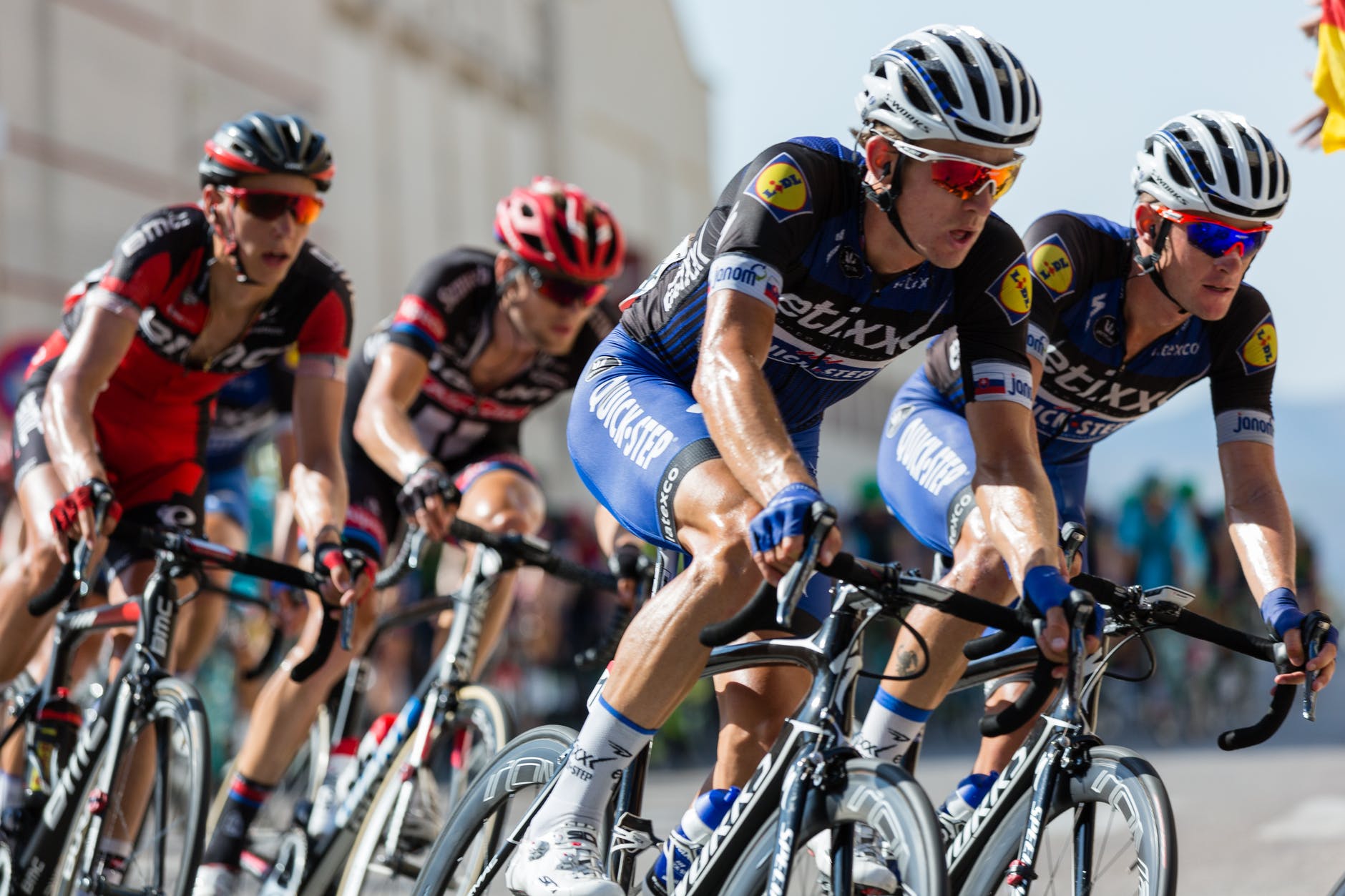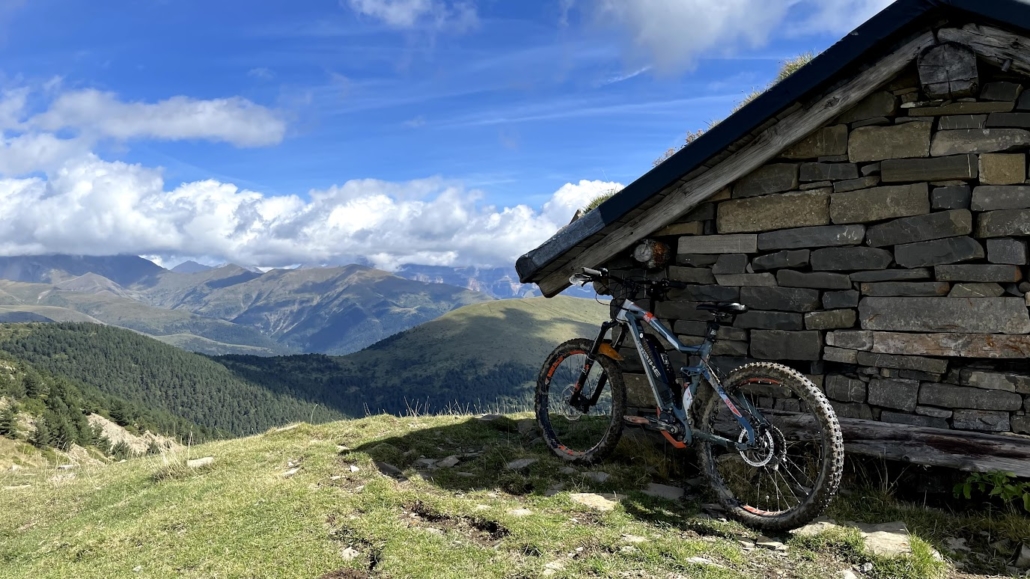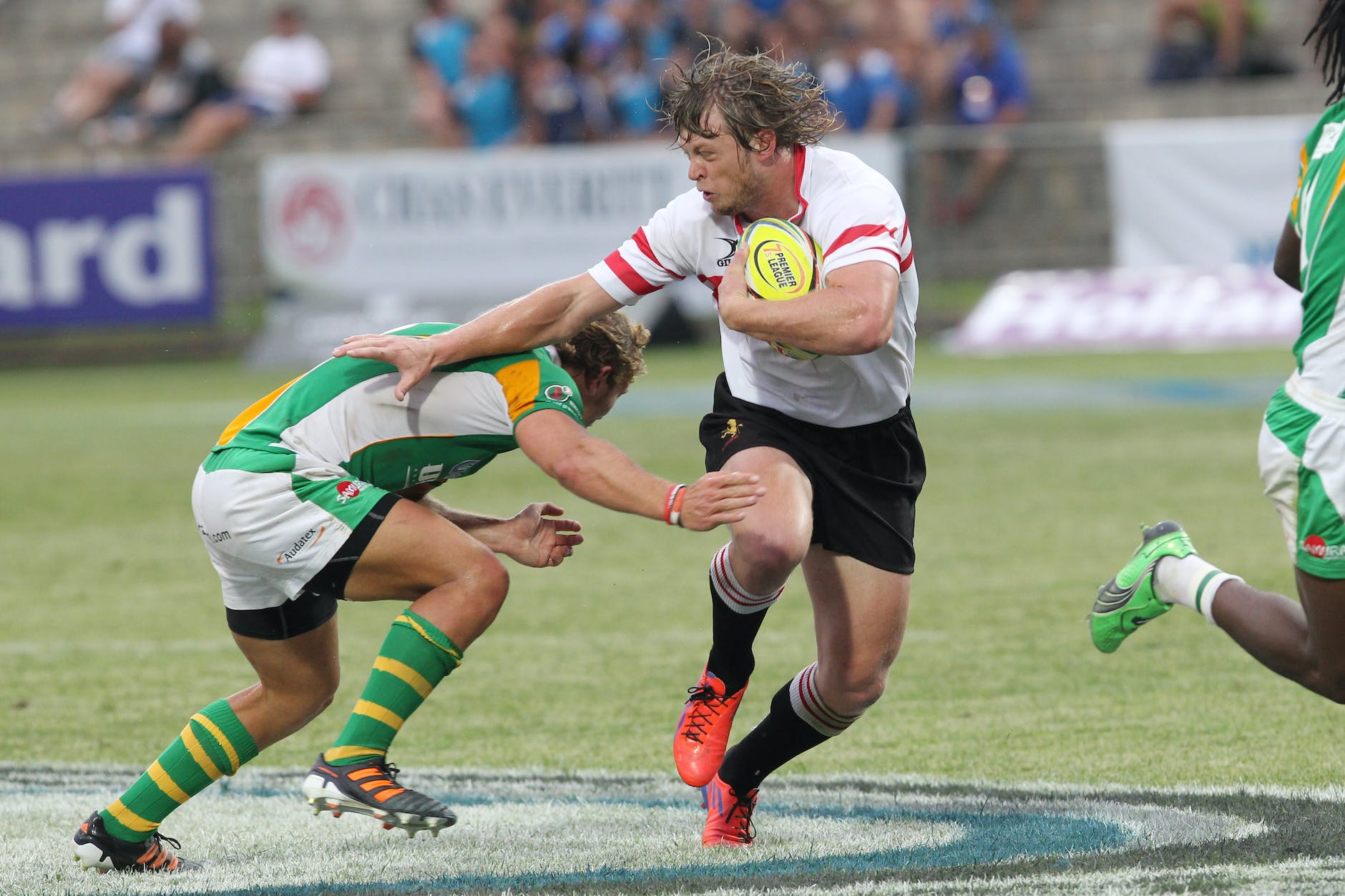PLENARY SESSION EFSMA, New trends in muscle, The 8th European Sport Medicine Congress of EFSMA and the 6th Joint Meeting SFMES & SFTS, Strasbourg sept 2013.
M. BOUVARD
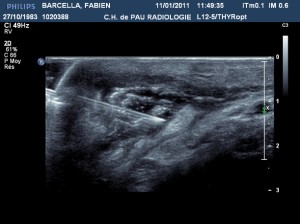 Muscle damage affecting several million people each year. The skeletal muscle has important natural repair capacity. The muscle fibers then regenerate but the connective tissue produces a scar. The interface between these two tissues (myo-fascial and tendon-muscle injury) can cause serious problems functional quality over the medium term with recurrences up to 30% including the hamstrings, gastrocnemius and adductors. The uses of PRP in the treatment of muscle injuries have fundamental work and animal biology.
Muscle damage affecting several million people each year. The skeletal muscle has important natural repair capacity. The muscle fibers then regenerate but the connective tissue produces a scar. The interface between these two tissues (myo-fascial and tendon-muscle injury) can cause serious problems functional quality over the medium term with recurrences up to 30% including the hamstrings, gastrocnemius and adductors. The uses of PRP in the treatment of muscle injuries have fundamental work and animal biology.
4 case series have been published. In 2005, 21 cases by Sanchez and 16 by Cugat. In 2012, 48 cases by Jaadouni. In 2013, 17 cases by Wetzel. The four authors report good results. This year finally saw the first controlled study. 30 professional athletes suffering from acute muscle injury are divided into two groups with either conventional conservative treatment or injection of PRP under ultrasound in addition to conventional treatment. Ultrasound, pain, function and range of motion are then evaluated from D1 to D28.
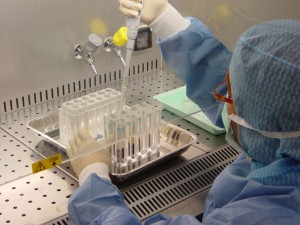 At the end of the study the reduction of pain was 93% vs 80. Function and amplitude are the best in the « PRP » group (p <0.05), but there is no difference in pain during a contraction resisted. The return to sport is 10 + / -1.2 days vs. 22 + / -1.5. We are awaiting confirmation of the good results of this study at the same level with impatience. The name “PRP” must be booked at plasma whose wealth growth factors is greater than that of blood and has neither white blood cells nor red blood cells. The use of PRP in muscle injury must follow a rigorous diagnostic approach, respect for contraindications. Aseptic measures should be maximum and the systematic use of ultrasound guidance. The use of anti-inflammatory and anesthetic is not recommended. The aim of the therapist must remain the quality of the scar and restore good function and not the quest for ever more rapid resumption of sporting competition.
At the end of the study the reduction of pain was 93% vs 80. Function and amplitude are the best in the « PRP » group (p <0.05), but there is no difference in pain during a contraction resisted. The return to sport is 10 + / -1.2 days vs. 22 + / -1.5. We are awaiting confirmation of the good results of this study at the same level with impatience. The name “PRP” must be booked at plasma whose wealth growth factors is greater than that of blood and has neither white blood cells nor red blood cells. The use of PRP in muscle injury must follow a rigorous diagnostic approach, respect for contraindications. Aseptic measures should be maximum and the systematic use of ultrasound guidance. The use of anti-inflammatory and anesthetic is not recommended. The aim of the therapist must remain the quality of the scar and restore good function and not the quest for ever more rapid resumption of sporting competition.

